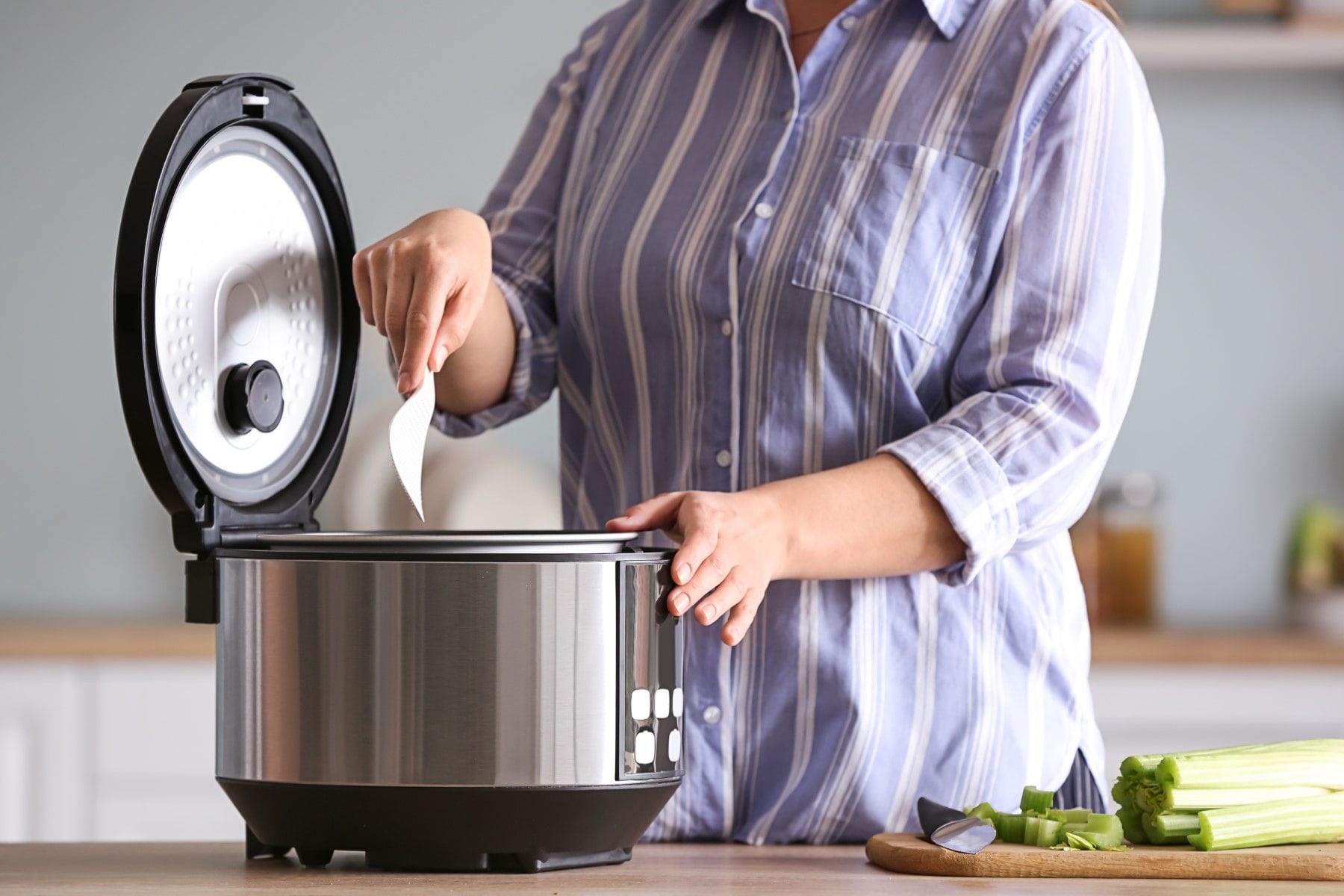$8.8M Slow Cooker Burn Verdict Challenged Over Alleged Jury Manipulation
Sunbeam and Newell seek a new trial, alleging emotional appeals and flawed evidence swayed a jury in a high-stakes pressure cooker injury case.
Updated on
Sunbeam Products Inc. and its parent company, Newell Brands Inc., are urging a Colorado federal court to grant a new trial in a high-profile product liability case. In the motion filed last Thursday, the companies claim that attorneys for plaintiff Georgina Perez improperly invoked the controversial "Reptile Theory" to secure a jury verdict of $56 million—later reduced to $8.8 million—for injuries Perez suffered when a Crock-Pot pressure cooker allegedly exploded and caused severe burns.
The companies argue that Perez’s legal team used tactics designed to inflame the jury rather than present relevant evidence. Notably, they cited the use of emotionally charged images of other burn victims, including infants, during opening arguments. Sunbeam contends that these images had no direct relevance to Perez’s injuries and were instead intended to trigger fear-based decision-making from jurors.
Disputed Testimony and Evidence
Beyond visual tactics, Sunbeam also objected to evidence and testimony it says should have been excluded from trial. For example, the company claims that Perez’s attorneys referenced a testing video—never entered into evidence—that depicted a Sunbeam employee forcibly opening a pressure cooker, causing the contents to eject explosively.
Additionally, the motion challenges the credibility of Perez’s treating physician, Dr. Lily Daniali. Although presented as a treating doctor, Sunbeam argues that Daniali functioned more as a paid expert witness, citing invoices showing that Perez’s legal team paid her $40,000. They also allege that Dr. Daniali's testimony improperly suggested that the defendants tried to suppress certain images of Perez’s injuries.
Sunbeam further objected to the introduction of income-related evidence and references to over 120 unrelated burn incidents, which Perez allegedly failed to establish as "substantially similar" to her case. According to the defense, mentioning a recall issued 18 months after the incident was also prejudicial, especially since Perez offered no evidence showing how an earlier recall might have prevented her injuries.
“These actions, taken together, improperly swayed the jury’s emotions and led to a grossly inflated initial verdict,” the companies argued.
The Initial Verdict and Reduction
The original $56 million award—comprising both economic and noneconomic damages—was issued by a Colorado jury in December. Jurors found Sunbeam 27% liable, Newell 63% liable, and Perez 10% responsible for her injuries. However, in May, Chief U.S. District Judge Philip A. Brimmer reduced the award to $8.8 million, ruling that Perez failed to prove grounds for waiving Colorado’s statutory caps on noneconomic and exemplary damages.
The case stems from an incident in which Perez was preparing beans in her Crock-Pot. According to her complaint, the cooker exploded when she attempted to open the steam release valve, releasing scalding contents and causing second- and third-degree burns.
Defendants Push for Judgment as a Matter of Law
In addition to seeking a new trial, Sunbeam and Newell have requested that the court render judgment as a matter of law on Perez’s claim for punitive damages. The companies argue that there is no evidence of willful or wanton misconduct.
“Rather than ignoring the problem, defendants confronted it head on in executing product changes that were incorporated into the very unit plaintiff purchased,” they stated in the motion. They claim these changes, while possibly imperfect, reflect an effort to improve safety, not reckless indifference.
Moreover, they dispute the trial court’s designation of Newell as a manufacturer. According to the motion, Sunbeam and its Chinese subcontractor, Jianmen Nanguan Electrical Appliance Co. Ltd., were solely responsible for the design and production of the unit.
Challenging the Product Defect Claim
Sunbeam and Newell also maintain that Perez failed to prove a design defect under Colorado law. Specifically, they argue her expert did not demonstrate that the product’s risks outweighed its benefits or that users could not avoid those risks through reasonable care. Nor, they assert, did she establish the appropriate standard of care or how the defendants allegedly breached it.
Without such foundational evidence, the companies contend that the plaintiff’s case rests on emotionally charged arguments rather than sound legal theory.
The Firms Representing the Parties
Georgina Perez is represented by Burg Simpson Eldredge Hersh & Jardine PC, including attorneys Hannah Huston, Michael Burg, Holly Kammerer, and Shane Fulton.
Sunbeam and Newell are represented by Goldberg Segalla LLP and Hall & Evans LLC, with attorneys David O'Connell and Conor Boyle, respectively.
The case is titled Perez v. Sunbeam et al., case number 1:21-cv-01915, in the U.S. District Court for the District of Colorado.


